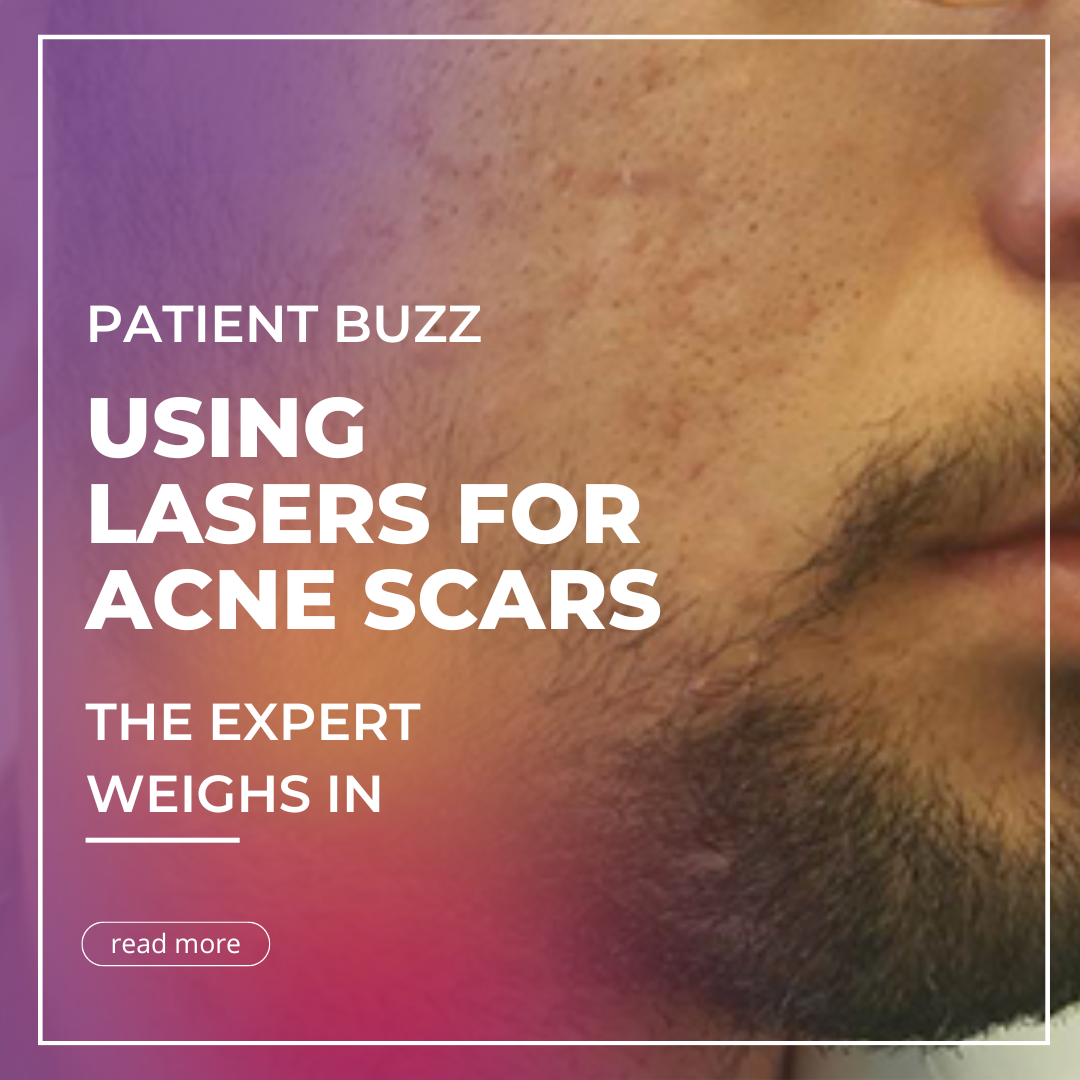Cosmopolitan recently posted an article, “Lasers for Acne Scars: How They Work and the Best Treatments to Try Right Now.” What can lasers do now for acne scars, and what developments are on the horizon?
For expert advice, I reached out to Dallas dermatologist DiAnne Davis, MD, FAAD, who will be part of a panel discussion on lasers and energy-based devices to treat acne scars at the ODAC Dermatology, Aesthetic & Clinical Conference to be held January 12-15, 2023.
How has the use of lasers for acne scars changed over time? What do we know now that we didn’t know before?
I would say what we know now that we didn’t know before is that lasers for acne scars can be used in skin of color, in particular certain ablative lasers that were previously deemed not appropriate for darker skin types. Over time, companies have started to develop devices with a wider range of parameters that allow for us to apply the technology to patients of all Fitzpatrick skin types. What we have also learned over the years is that it may often take several different types of lasers and energy-based devices to achieve the aesthetic goals we hope to achieve for our patients.
What can lasers do for acne scars, and what are the limitations?
Often times when we are using lasers for acne scars we are trying to create micro-injury columns that lead to the destruction of scar tissue and allow for collagen remodeling to create an overall smoother texture and appearance of the skin.
What should every dermatology clinician keep in mind when treating acne scars in patients with skin of color?
One point that every dermatologist should keep in mind with patients with skin of color is the risk of pigmentary alteration that may occur, whether that be post-inflammatory hyperpigmentation or post-inflammatory hypopigmentation as a result of the laser device. Always assess previous scars on your patient to see how their skin heals to give you an idea of the risk of pigmentary alteration.
What’s important for dermatology clinicians to tell their patients who are undergoing lasers for acne scars?
Setting realistic expectations is of upmost importance when discussing treatment options for acne scars. We have to remember that often times patients are coming to us with not only their acne scars, but the emotional insecurities they have as well. I have learned over the years that sometimes patients may have unrealistic expectations and are expecting for every single scar to be gone after receiving treatment. While I try to customize the most comprehensive plan that I think will give the patient the best result, I always explain that I cannot promise 100% resolution of their acne scars, and it may take several treatments to achieve their result.
What are some cautions when using lasers to treat acne scars?
Definitely knowing the particular applications and settings of the laser you are using is important. I always caution that memorizing settings from a colleague is not the way to go. You want to have a full understanding of what you were doing prior to executing a laser treatment. In skin of color you want to be cautious about the density and fluence of your laser settings, And having a full discussion with your patients about the aftercare and sun protection is important as well.
What’s on the horizon for lasers and acne scars?
The newest technology on the horizon for lasers is micro-coring, which is a minimally invasive device that is FDA cleared for the treatment of moderate to severe wrinkles in the mid to lower face. I believe that in our field as we start to advance this technology we may be able to use it for “ice pick” acne scars, which can be very challenging to treat.
Did you enjoy this Patient Buzz expert commentary? You can find more here.

